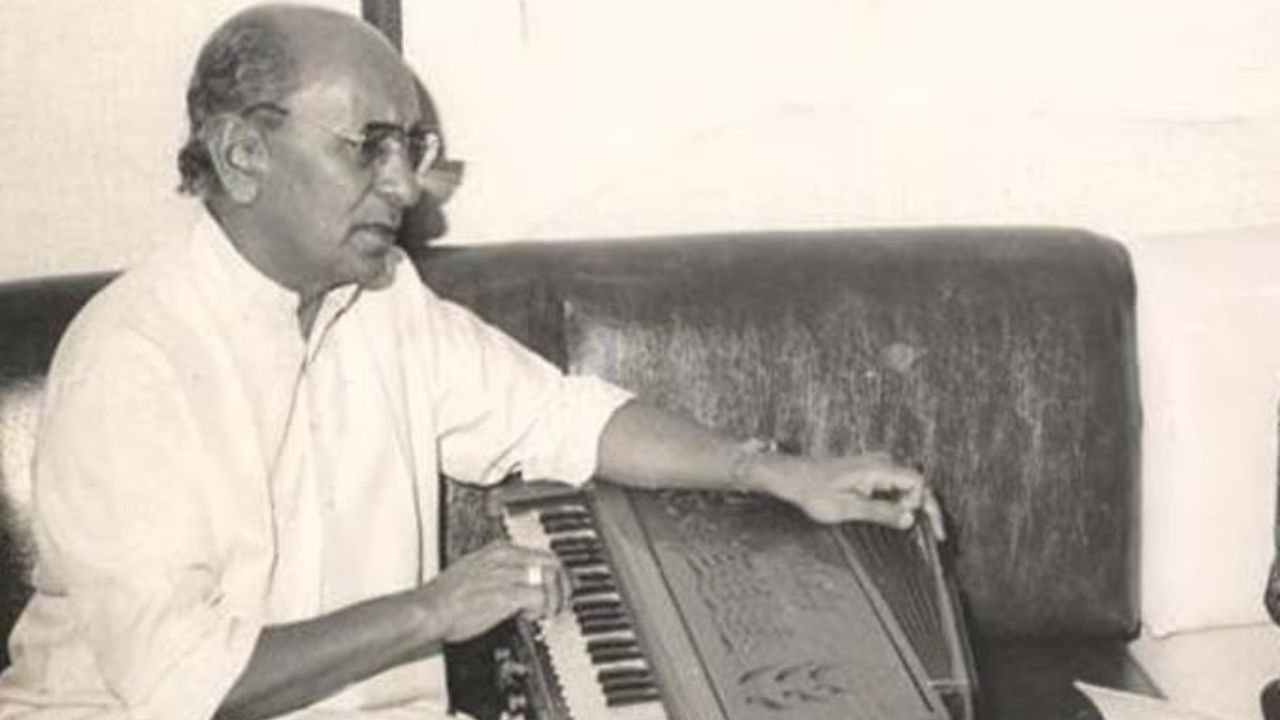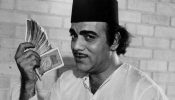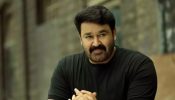Composer Jaidev was a stand-alone talent. No one could parallel his propensity to pitch timeless tunes. Many music aficionados consider Jaidev more accomplished than Sachin Dev Burman whom Jaidev once assisted and also allegedly ghost-composed some of Burman’s best.
No one knows this, but it was Jaidev’s immortal devotional Allah tero naam that Lata Mangeshkar was supposed to sing on January 27, 1963 in front of Pandit Jawaharlal Nehru.
Composer Hemant Kumar visited Lataji and said that in the wake of the Indo-China war, she must go to Delhi for a show on the occasion of Republic Day. Lataji was hesitant. Her sister Meena was getting married after fifteen days. Lataji herself was going through ill health.
Recalled Lataji, “Every composer was after me to sing his composition at the function. I said no to everyone and decided to take four musicians with me to Delhi and sing Allah tero naam Jaidevj’s song in Hum Dono.”
At the last minute composer C Ramachandra popped up with Ae mere watan ke logon and Jaidev lost the chance. This was the story of his life. Jaidev was always there at the forefront , but never counted among the greatest or most successful in spite of a soundtrack like Hum Dono early in his career where every song from Asha Bhosle-Mohammed Rafi’s Abhi na jao chhor kar to Rafi’s Main Zindagi ka saath nibhaata chala gaya to Lata Mangeshkar’s Prabhu tero naam , was a chartbuster.
And to think Jaidev nearly missed doing the music in Hum Dono!At that point in time, Lataji had stopped singing for Jaidev. There was a rift between Lataji and Sachin Dev Burman(whom Jaidev assisted) for which Lataji blamed Jaidev . Apparently he miscommunicated a message to Sachinda a charge that he stoutly denied.It was Hum Dono’s producer Dev Anand who intervened .
Said Dev Saab, “I had promised Hum Dono to Jaidev. But Lata was not ready to sing for Jaidev. There could be no Hum Dono without Lata. So I took Jaidev personally to Lata’s home to clear the misunderstanding.They were discussing the songs within ten minutes.”
Although Jaidev did some very fine work with other female singers Asha Bhosle(Jaa ri pawaniya in Do Boond Pani , Mujhko bhi radha banale nandlal in Ankahee and More naina jaage saari raina in the album Suranjali), Usha Mangeshkar(listen to her sing Jaidev’s Hariyali mohe rasta jaane de in the film Jumbish and Morey kab se taras gaye naina in Tumhare Liye), Runa Laila(Tumhe ho na ho and Do diwane shaher mein in Gharoanda) and Chhaya Ganguly(Aaapki yaad aati rahi from Gaman and the Bhajan album Bhakti Sudha that she did with Jaidev), it was Lata Mangeshkar who sang Jaidev to immortality with songs as staggeringly sublime as Jaane kitni baar hriday se maine usse pukara(Sapna), Kiskis ko Deepak pyar kare(Anjali), Sulag uthi dil ki lagi(Kinare Kinare), Aaj achanak toot gaye kyun mann beena ke taar(Kinare Kinare), Tere bachpan ko jawani ki dua deti hoon (Mujhe Jeene Do) Tumhe dekhi hoon(Tumhare Liye) and of course the two immortal masterpieces in Reshma aur Shera , Tu chanda main chandni and Ek meethi si chubhan.
Sunil Dutt’s Mujhe Jeene Do went to Jaidev on Sunil Dutt’s insistence.This was a massive epic project and Sunil Dutt was advised not to take a “small” composer like Jaidev. But Dutt was adamant. After Mujhe Jeene do he was sure Jaidev was his music man.
Once Lataji spoke to me about working with Jaidev: “Jaideviji was the most challenging among the composers. He had a sound knowledge of classical music. He would say, ‘I’ve told Lata Mangeshkar what to do. Now I don’t need to worry.’ Once he composed a song he left it to me to worry about it. It became my responsibility.And I’d be endlessly worried.I remember he had composed a Nepali song for me written by the King Of Nepal King Birendra(Jun Mato Na Mero in the Nepali film Maatighar).It was one of the toughest songs of my career.”












